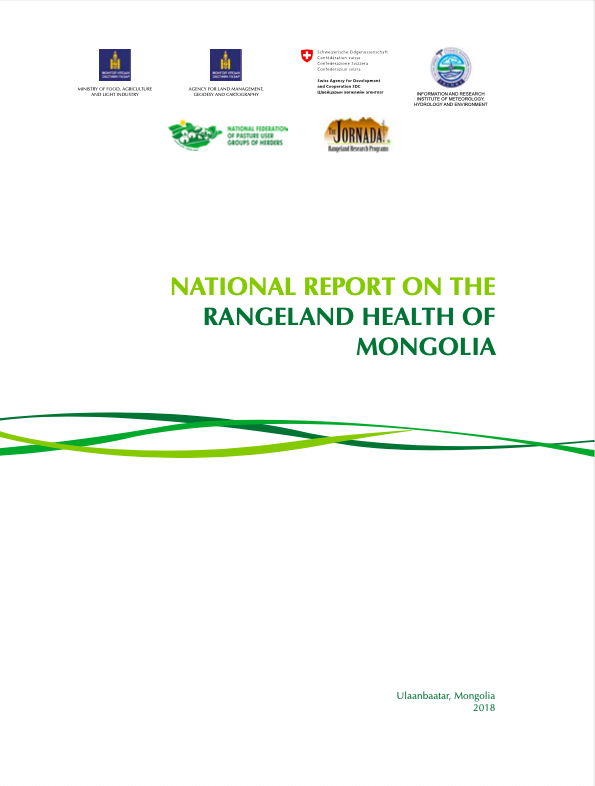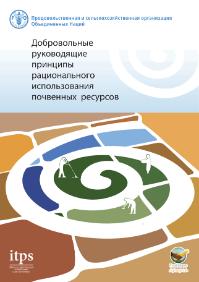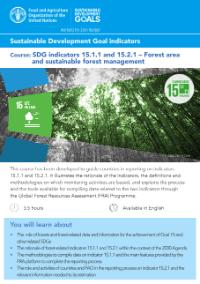Prepared Communities
Climate change affects poor and marginalized communities first and hardest. Particularly in cities, a lack of access to basic services, a long history of unsustainable urban development, and political exclusion render the urban poor one of the most vulnerable groups to climate induced natural hazards and disasters. Yet strategies focused on reducing these people’s vulnerability to climate change often overlook crucial differences in their needs and situations.











